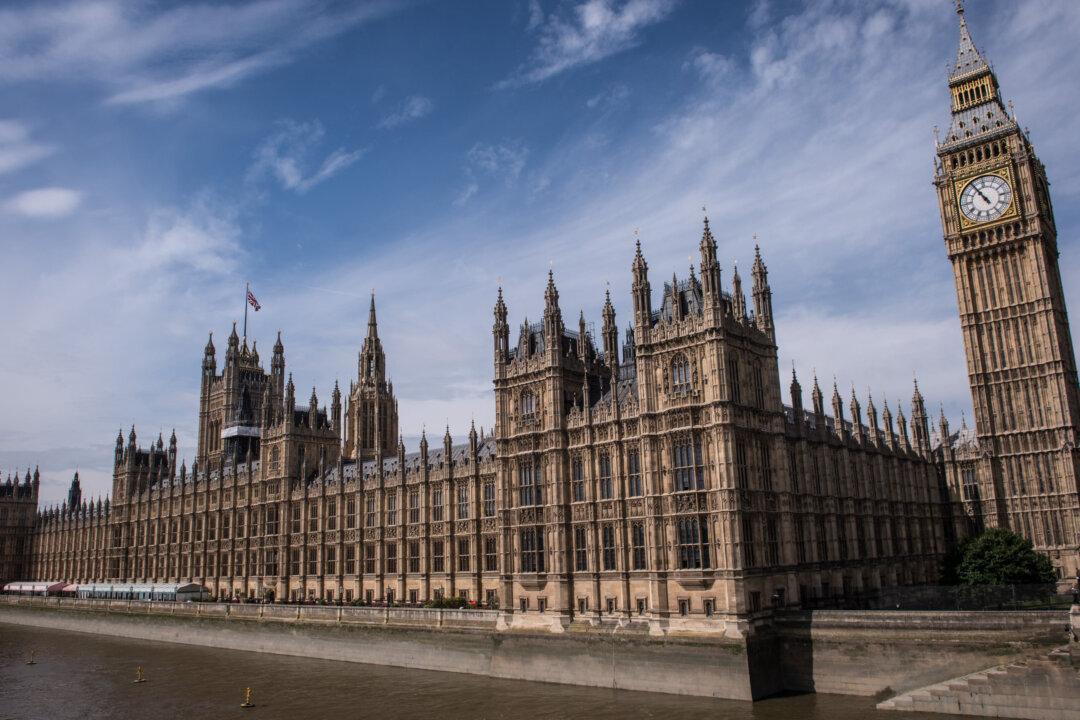The British government has reinstated restrictions on protests to a controversial policing bill amid criticisms from both opposition and backbench Conservative lawmakers.
The Police, Crime, Sentencing, and Courts Bill contains a wide-ranging raft of measures aimed at overhauling the criminal justice system.





